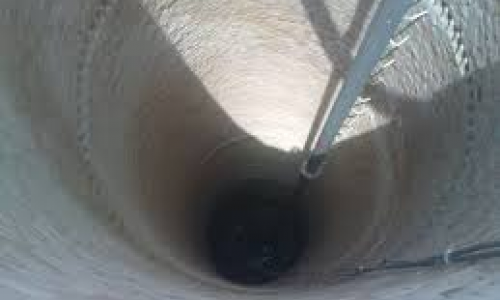
India being an agrarian country, our farmers depend mainly on groundwater for irrigation. With increasing population, lesser land holdings and urbanisation, deeper borewells are dug for groundwater abstraction. Borewells & tubewells, are very similar. Both are basically vertical drilled wells, bored into an underground aquifer in the earths surface, to extract water for various purposes. The difference in the two lies in the type of casing used, the depth of this casing and the type of soil where they are drilled. Casing to support the external surfaces of the borehole against collapse may be needed at certain depths, and usually is made up of PVC pipes. Electrical pumps are usually used to pump out the water fro the borewells, though the government is now giving subsidy for solar pumps. This convenience of pumps may increase the depletion of the groundwater at an increased pace.
Our FAQ on borewells, deals in detail with topics ranging from the initial planning, selection of site to final commissioning, maintenance of the structure and problems associated with existing borewells,. Another Frequently asked questions (FAQ) on Groundwater - Understanding the basics, narrows down the existing knowledge gaps amongst the common groundwater users.
Excessive drilling of borewells has led to exploitation of groundwater at higher rates than the rate of water recharge and caused depletion of the groundwater levels. To monitor this many states like Karnataka & Kerala have come up with laws & a statutory authority to regulate and keep tabs on the groundwater utilisation. Some states have implemented groundwater legislation acts which prevent drilling of borewells without the permission of Government Bodies in water scarce regions. However, some states allow only drilling of drinking water borewells without the need for obtaining permission. Therefore, it is advisable to explore the details of it before drilling a borewell.
Central Ground Water Board (CGWB) has come with reports on the groundwater status in the country. Uncontrolled use of bore well technology leads to exploitation of groundwater at higher rates than the rate of water recharge, which may cause drastic depletion of groundwater.















